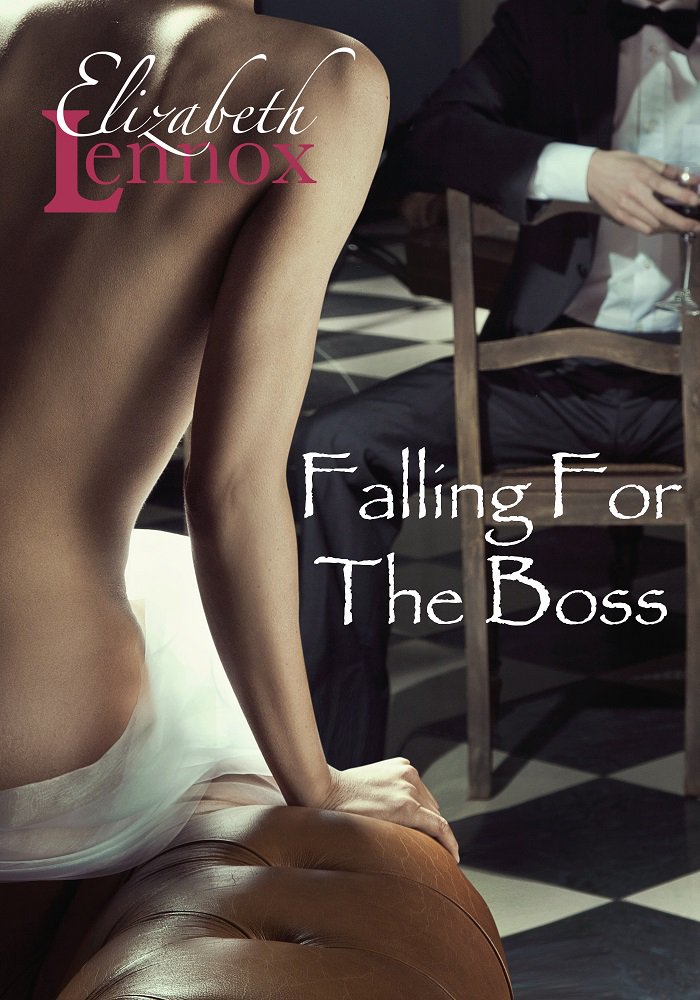Book Title - Introduction
Series Name

Azlyn’s story…
Sixteen-year-old Azlyn stared at the spreadsheet glowing on her computer screen, heart thudding so hard she could hear it in her ears. She blinked, scrolled back up, then down again. The numbers hadn’t changed. The evidence was still there—sitting in plain sight, bold as a neon sign—but it didn’t make sense. And it didn’t feel safe.
“Azlyn?” Ms. Rogers called from the other side of the journalism lab. “You okay?”
Azlyn straightened, forcing her face into something close to normal. “I’m fine,” she lied, her voice slightly too high. She added a tight smile for effect, then ducked back behind her monitor, her hands trembling slightly as she scrolled through the data again.
This wasn’t just a grading error.
It was a pattern. A deliberate one.
Someone had altered ten students’ grades—all on the same day, all bumped just enough to raise their GPA and make the difference between an Ivy League acceptance and a polite rejection. The digital fingerprints were faint, almost buried under code. But they were there.
She looked over her shoulder.
No one else was watching her.
Not yet.
Azlyn’s brain raced. Was it a teacher? No—she couldn’t believe that. Her teachers had spent years helping her succeed. She knew them. Trusted them.
Which left only one terrifying option.
Someone in this school had hacked the system.
She kept digging.
The longer she worked, the more her instincts screamed. Her gut told her this wasn’t just a prank or a desperate grab for a scholarship. It was something deeper. Strategic. Someone had manipulated the system with surgical precision.
By the time she pieced it together two weeks later, her heart was pounding and her fingers were numb.
This was it. A real story. The kind that could change everything.
Taking a deep breath, Azlyn started writing. As always, when the pieces clicked into place, she felt a rush. The intensity. A hit of adrenaline so powerful it made her lightheaded. She was born for this—exposing truths others wanted buried.
When she finally handed the article to Ms. Rogers, her palms were sweating. “Here,” she said, placing it on the desk.
Ms. Rogers skimmed the first paragraph. Her brow furrowed. Then her eyes widened.
“Are you sure about this?”
Azlyn nodded and silently handed over the printed data. “Every line is verified. But I know it has to go to the principal first for her approval.”
Ms. Rogers glanced up, her voice low. “This might go higher than the principal.”
Azlyn’s chest lifted with a strange mixture of pride and fear.
She’d touched a live wire.
But this wasn’t about her. This was about the students who had played by the rules and lost anyway. And the ones who had cheated the system while everyone looked the other way.
Azlyn had looked.
And she wasn’t backing down.
Zayn’s story…
Crown Prince Zayn stood in the dimly lit alcove of the grand hall, half-shrouded in shadow as his sharp eyes tracked the scene before him. His father, Sheikh Khal, sat poised beneath a gilded arch, a symbol of dignity and power as a small army of reporters angled their microphones and lenses toward him. The hall buzzed with tension disguised as curiosity.
“Your Highness,” the lead reporter began, her tone overly cheerful, “could you share your favorite childhood memory within the palace walls?”
Fifteen year old Zayn barely restrained a groan. This is the opening question? He shifted his weight, the fabric of his formal jacket whispering with impatience. They had pressing matters—trade negotiations, border tensions, education reform—and this woman wanted to talk about childhood memories?
Sheikh Khal offered a polite smile. “Ah, there are many cherished moments,” he said warmly. “But one that stands out is flying kites with my father in the palace gardens. The wind was always strongest just before dusk.”
Zayn exhaled slowly through his nose. His fingers tapped against the armrest of the wooden chair beside him, each beat a quiet declaration of growing frustration. Kites. Next they’ll ask about his favorite color.
As if on cue, another reporter leaned in. “What hobbies do you enjoy during your leisure time, Your Highness?”
Sheikh Khal inclined his head, ever composed. “I find solace in horseback riding and reading classical poetry. It brings clarity to the mind.”
Zayn’s jaw clenched. He knew his father was playing his role to perfection—graceful, relatable, above reproach. But Zayn wasn’t interested in theater. He longed for substance. For strategy. For a moment where their monarchy could address the real issues plaguing their nation, not charm the public with tales of kite strings and verse.
More questions followed. “What’s your favorite cuisine?” “How do you maintain a work-life balance?” The room filled with the gentle hum of inane curiosity.
Zayn was ready to walk out.
But then something shifted.
Through the polished performance, he caught the faintest flicker in his father’s eyes—weariness, expertly veiled but unmistakable to someone who knew him. Their gazes met. It lasted only a second, but it was enough.
There was understanding in that look.
Zayn saw not just the Sheikh, but the man behind the title—a man who had played this game for decades, who had smiled through grief, offered pleasantries when he wanted to scream, and carried the burdens of leadership not just in the cabinet rooms, but in these polished, performative exchanges.
As the final question came—“What message would you like to convey to the people?”—Sheikh Khal didn’t hesitate.
“I wish for unity and prosperity for our nation,” he said, his voice low but resonant. “We are strongest when we stand together. Whatever storms may come, we will face them—as one.”
Polite applause followed, and the reporters began to gather their equipment. Zayn remained still, his earlier frustration cooling into something steadier. Resigned, yes—but also respectful.
He understood now. These moments weren’t about policy or progress. They were about presence. About reminding the nation that behind the title was a man. A family. A legacy.
His time would come. Soon enough, he would be the one on that platform, fielding questions that made his skin itch. But when he did, he would remember this moment. And he would carry it—not just as a burden, but as a lesson.
Because leadership wasn’t just about solving problems. Sometimes, it was about listening. Smiling. Enduring.
And being the face the people needed, even when they didn’t ask the right questions.
